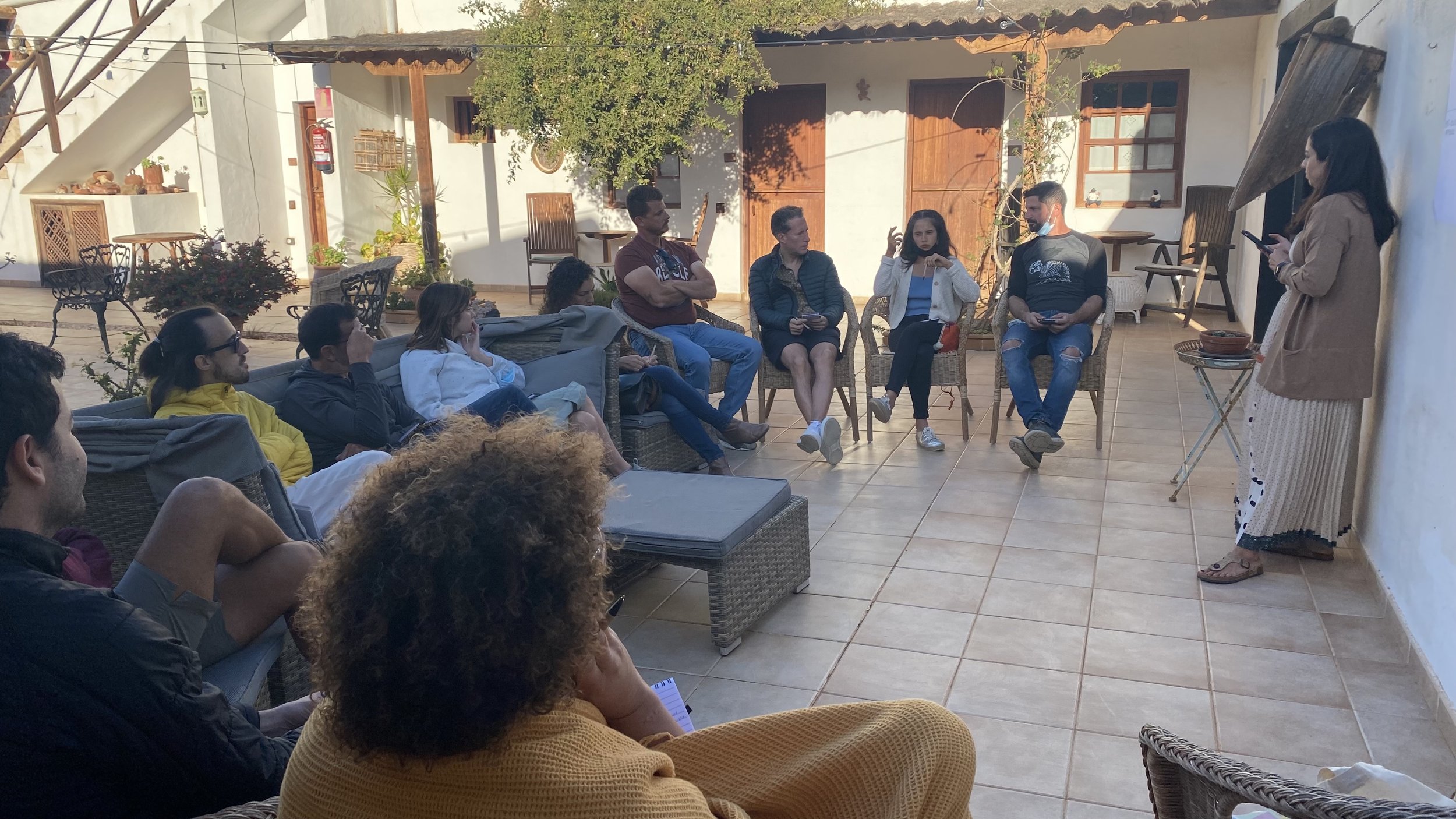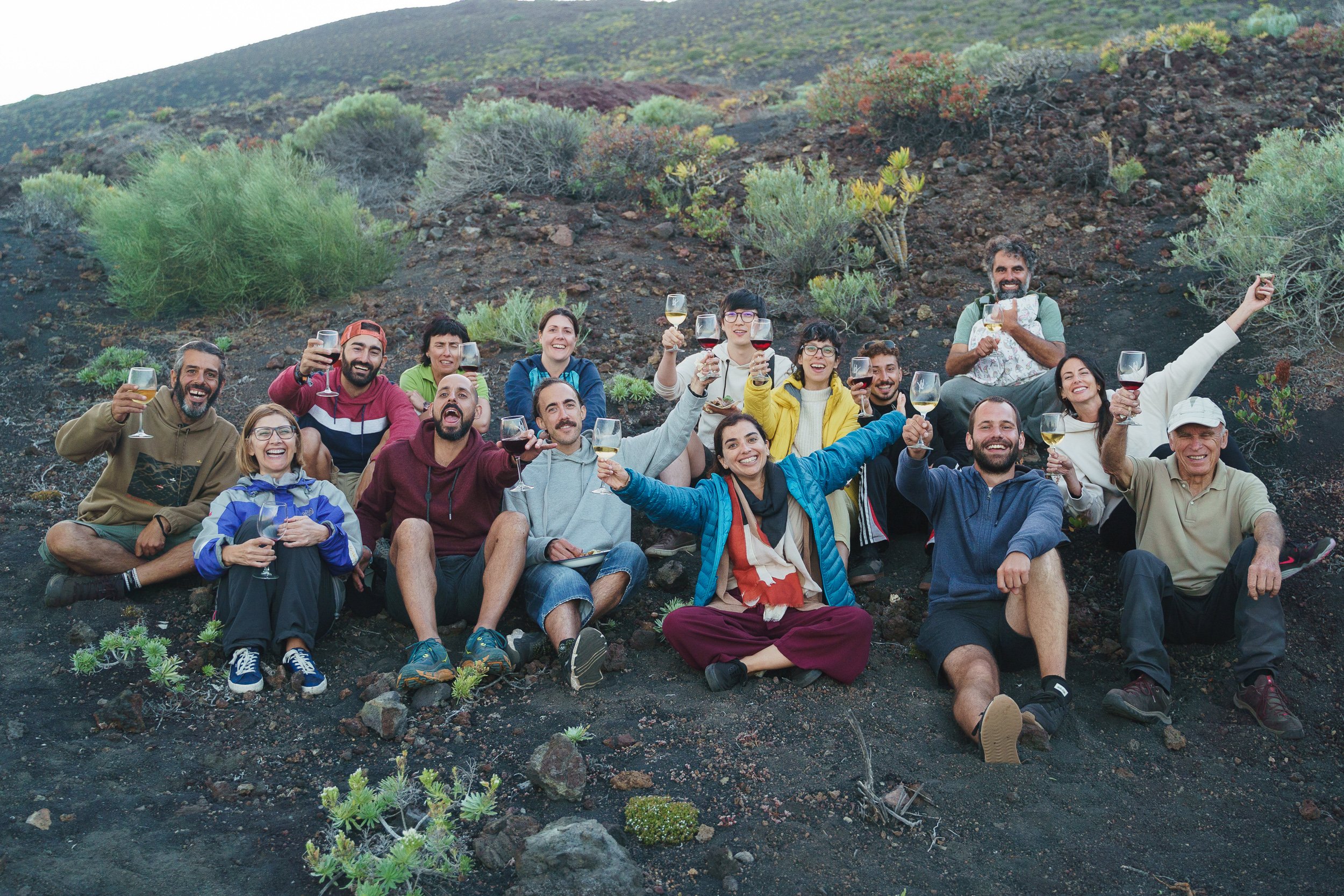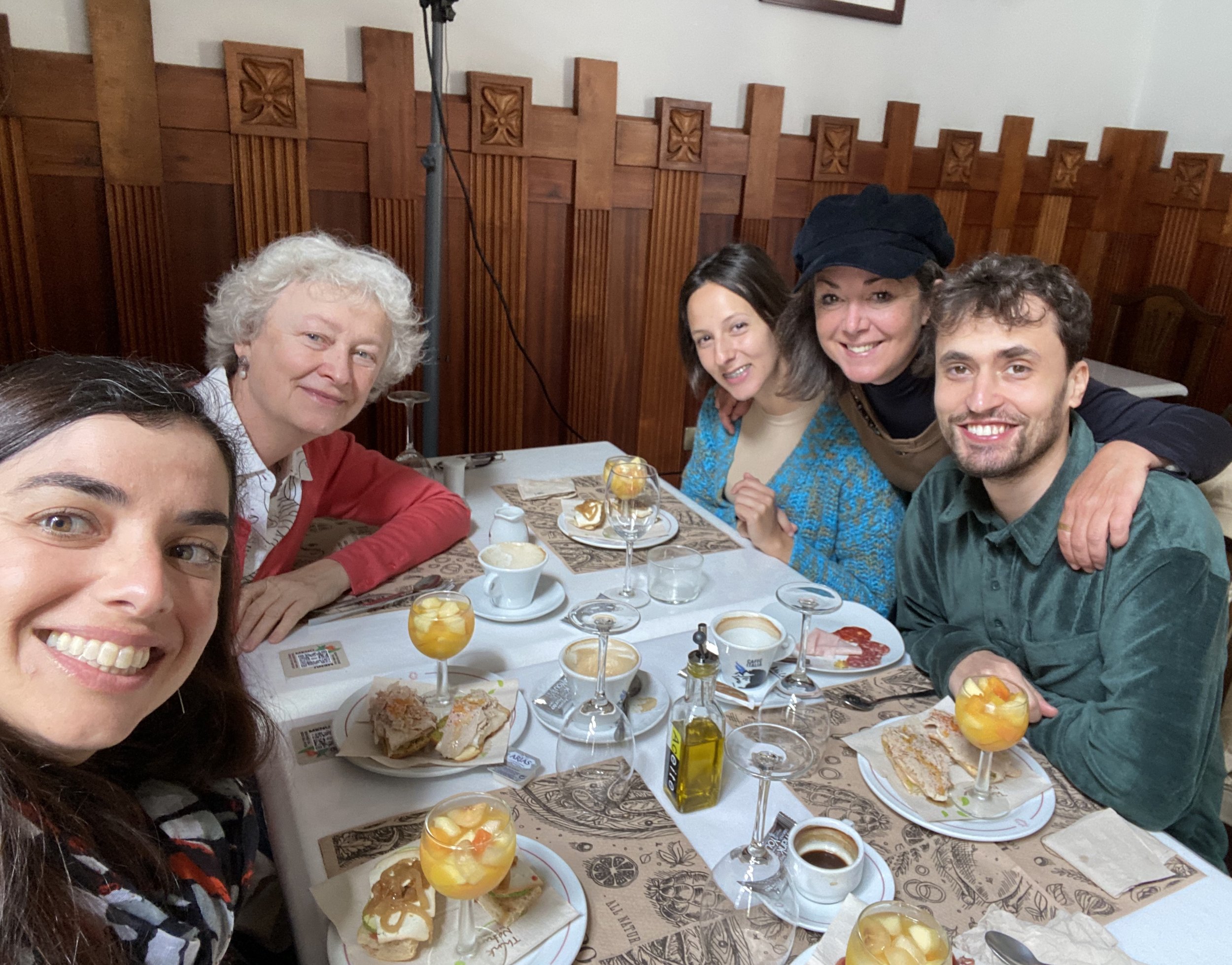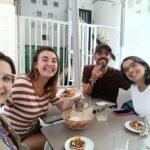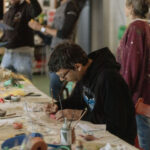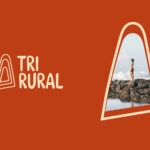Article written by Elsa Rodríguez (co -founder of remote peoples and project responsible)
What is development?
Since I started working in international development and cooperation with the World Bank, back in 2010, I always listened to the importance of promoting public-private alliances and including all the stakeholders in any project, to make decisions together. The reality, many times, did not correspond to that idea, or what we wrote in the reports, or with what we supposed to do. Sometimes it was complicated by the idiosyncrasy of the place, or by political, and economic interests, which were behind handling the threads.
For that time, I worked especially in countries of the Sub -Saharan Africa and Latin America. On many occasions, during meetings with the governments of those countries, I felt like the colonizers when they could convince them what we think they should do. That's when I wondered what is development? To convert all countries into the United States or Europe? Who are we to tell you how things have to do?
When I specialized in sustainable tourism in Australia and worked on tourism development projects in the Pacific Islands, the same questions came to mind. However, this time I learned much more from the premises, than them from me. I stopped to listen to them, I soaken their wisdom, the importance of preserving traditions and culture, and protecting natural resources. Although their own governments, given their limitations, often make the wrong decisions, the vast majority had the opinion of all those who were sitting around the table.
5 steps to co-create experiences with value
That philosophy of building as a team is what we wanted to apply to remote peoples, where absolutely everything we design is co-created together with the administrations, entrepreneurs and the local community, which we jointly call: ¨ local actors ¨. In the end, the co-creation is to dialogue and put values in common, and therefore, for each of the experiences we carry out, we carry out the following actions:
1. Listen to local actors (analysis phase): During the analysis phase, and identification, we just ask questions and listen. The local community and business fabric know better than anyone what they need and what they want to do with their territory and resources. The local administration also knows what the challenges and the current situation are, and must ensure the interests and needs of its neighbors. Therefore, we always contrast the information we collect, because we must know all the versions of the stories, in order to find a common goal with which everyone will benefit.
Local actors' needs analysis session during the old remote edition 2021
2. Design the experience together with the local actors (design phase): this part of Community Building is the one I enjoy, working side by side with local entrepreneurs to co-create their activities and understand their needs. Among all, we also make proposals for secondary activities that can be offered. Most of the time we end with a super long list of incredible options, which we have to choose those that fit in the 3 weeks calendar that the experience lasts. That may be the part that costs us the most, fit everything we want to do without saturating the agenda, but looking for a balance and always with the aim that participants know that place in the most authentic way possible.
Design session of the Calendar of Activities of Pueblos Remotos Fuencaliente 2022 together with the local actors
3. Include local actors in the execution of the experience (implementation phase): it is not only important to include them in the analysis and design, but they have to feel part of the entire implementation. In some cases, they are the ones who lead even part of the experience, in others they accompany. Many times they have surprised us involving much more than we had initially asked and putting the bar very high with respect to the expectations we had. It is at that time when magic and deeper connections arise. A seed is planted so that there is a long -term union that goes beyond living an experience of 3 weeks, and marks more than we think.
Activity of a borral (typical cooking way of the island of La Palma) that we live in the hand of Juan José Santos during pueblos remotos Fuencaliente 2022
4. Share the results and the feedback received (closing phase): how many times we will have heard that "if it is not measured it does not exist" and that is also not improved. Therefore, we take very seriously to collect all the data, measure the economic and social impact that is generated with our experiences (see this post blog for more information about this part) and, above all, take into account the feedback so much of local entrepreneurs, as of teleworkors, to understand how we can do it better and better. In addition, we always prepare a final report with all this information, which we share with the institutions, and public administrations, so that they are aware of the potential that this type of initiatives have.
Feedback session with the participants of Pueblos Remotos Fuencaliente 2022
5. Continue in contact generating a community (monitoring phase): we believe and want the feeling of belonging to a community to be the most important legacy that we can generate after one of our experiences. Therefore, we continue in contact with all the participants, we have a group of WhatsApp set for each edition, and a Slack channel where all editions are located. We carry out activities only for the members of the community of remote peoples, such as #Skillshare talks monthly taught by teleworkors themselves to learn from each other. We have also launched the Podcast ' The Moment of Tea ' where we have live conversations with participants, with local actors, and organize in different places to maintain that spirit and those desire to continue sharing.
Meeting with local participants and actors of Remote 2021 in Tenerife a year after experience
These five steps could be applied to any development project, and not only to the type of experiences we organize. In my case, as they have been able to deduce for this article, I have gone from working with governments of developing countries at the macroeconomic level, to bring this approach to small rural environments in Pueblos Remotos .
In this tour, I have realized that what I do now is what really fills me, and what I think can generate a visible positive impact, which does not stay in reports that anyone reads on a table, or in without fulfilling promises. Is this approach to co-creation the true development that we must foster?


